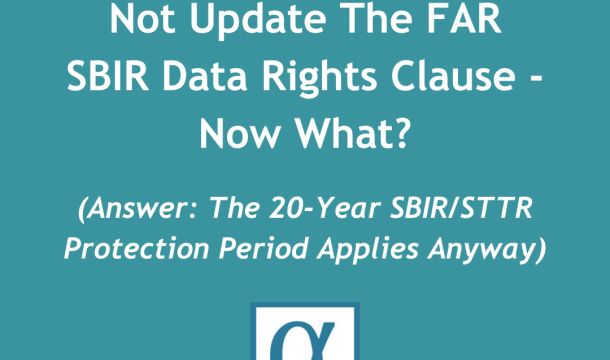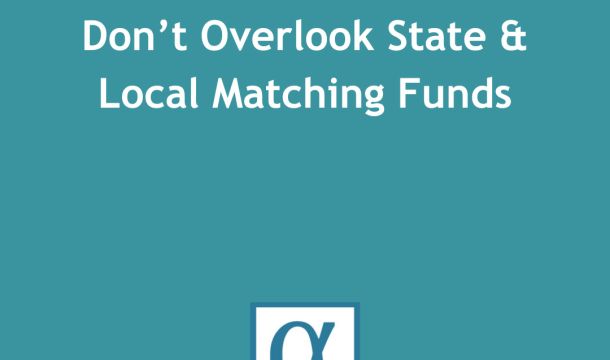The GovCon Bulletin™
FAR Amended To Remove Fair Pay And Safe Workplaces Provisions
Over the weekend, the Department of Defense, General Services Administration and National Aeronautics and Space Administration (the “FAR Agencies”), issued a final rule (here) putting the last nail in the coffin for the Fair Pay and Safe Workplaces provisions contained in the Federal Acquisition Regulation (FAR).
As we noted in a prior bulletin (here), President Obama signed Executive Order 13673 (EO 13673), Fair Pay and Safe Workplaces, which imposed a number of requirements on federal government contractors including that they disclose their own labor law violations (referred to as the "Blacklisting" rule) and, for contracts over $500,000, that they provide wage statements to workers covered under certain federal or state wage payment laws (referred to as the "Paycheck Transparency" rule) and documents informing independent contractors of their independent contractor status. A final FAR rule implementing EO 13673 (the FAR EO 13673 Rule) was issued on August 25, 2016 (here).
Subsequently, however, a federal court decision enjoined enforcement of EO 13673 except for the Paycheck Transparency rule. As we wrote about here, more recently Congress passed a joint resolution signed by President Trump on March 27, 2017 making the FAR EO 13763 Rule unenforceable. On that day, President Trump also issued an executive order revoking EO 13673 (here).
The Final Rule issued over the weekend and that takes effect November 6, 2017, now removes the FAR EO 13673 Rule entirely from the FAR, declares that all of the provisions of FAR that implemented EO 13673, including the Paycheck Transparency rule are unenforceable, and states that the FAR EO 13673 Rule shall be treated as if it had never taken effect. Accordingly, the preamble to the latest Final Rule directs contracting officers to modify, to the maximum extent practicable, existing contracts to remove any solicitation provisions and contract clauses related to the Fair Pay and Safe Workplaces rule because they are unenforceable by law.
To read other articles from The GovCon Bulletin™ go here.



